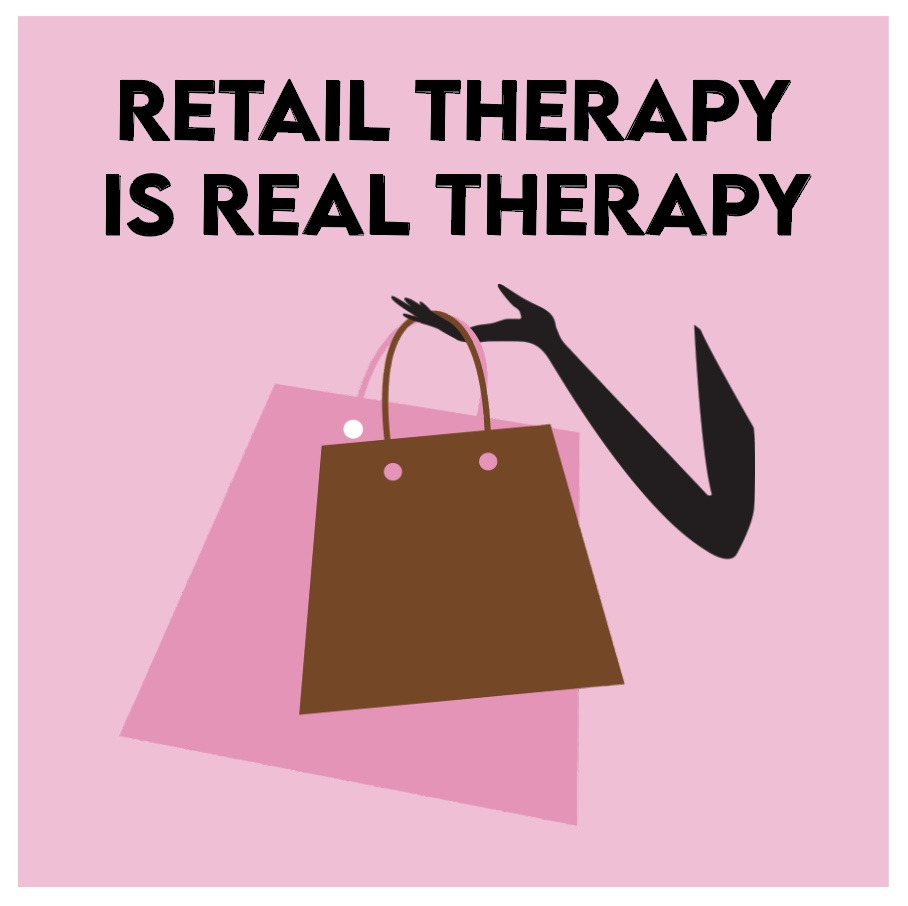A few weeks ago, I sat down, filled with anticipation, to watch the Ayo Edibiri episode of Saturday Night Live. With her being one of my current favorite actresses and as someone who frequently watches the show on the weekends, I had high hopes for the episode. However, my excitement quickly simmered.
During the introductory cold open I could not hide my shock and disappointment when Nikki Haley appeared on my screen to attempt a humorous apology for denying slavery as the cause of the Civil War. While the rest of the episode went more or less smoothly, I just could not shake the fact that SNL gave Nikki Haley, of all people, a platform to improve her public image and address the controversial and ignorant comment. Aside from the cold open not being very funny, this moment bothered me because it reminded me of when NBC and SNL thought it was a good idea to publicize former President Donald Trump. They had him host an SNL episode just a year before the 2016 election, giving the bigot a platform to promote himself.
While that SNL episode and his other cheery late-night show interviews are not what won him the election, the hypocrisy behind the network firing Trump over derogatory statements against Latinos, to then switching up and putting him on stage to joke and seem more personable for views and ratings is unsurprising, but still disappointing.
This represents a deeper issue in entertainment television and social media, giving undeserving people a platform when that is the last thing we need. Another example of this is an upcoming documentary about Yolanda Saldívar, the killer of icon Selena Quintanilla. This documentary aims to tell her side of the story. What side? I can tell you what happened; she shot and killed Selena, why would I need to hear any other side than that?
In most cases, there is no justification for “hearing them out” when it comes to murderers, so opportunities for people to try and save face are completely unnecessary.
There are other instances where the public may view the crime as understandable and feel sympathy for the person. A recent example of this is the release of Gypsy Rose Blanchard. With countdowns till her release, Fancams and edits and many Tiktok, X and Instagram posts about her, she had clear and full support from most of the public. While Rose-Blanchard may not be the “wrong” person to put in front of a camera, this obsession with her does not seem healthy. I also, can not imagine that Rose-Blanchard, someone who suffered abuse and trauma to the point of killing her mother, would benefit from the cameras and interest in her personal life, bringing up the issue of celebrity culture in younger generations, making this a complex issue.
Whether I like it or not, there have been and will continue to be countless documentaries, interviews and TV shows over the years that highlight the stories and sides of infamous criminals and politicians that to me, walk a fine line between being entertaining and dangerously consumed. I can see the appeal behind these types of shows, people are entertained and they likely get good ratings. That is the issue though, do networks like NBC go back on their previous decisions and give a platform to a racist politician running for president just for the views and money? Giving Trump a place to speak and make creepy jokes in the disguise of raunchy comedy only makes him look better, and more likable and makes his bigoted comments seem funny when they most definitely were not. Nine years later, with SNL giving an albeit smaller platform to Nikki, I can not help but be wary of the microphone that she was handed. I can only hope that in the future, networks and viewers can hesitate before producing and watching shows aimed to platform questionable people.





